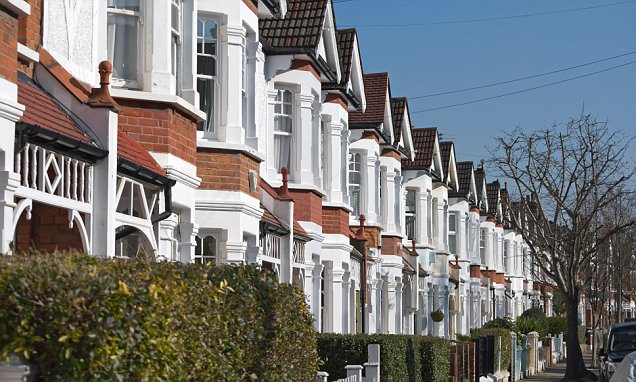 Average UK house prices rose by 7.2% in 2014 according to Nationwide. Throughout the year, it has been a North South divide story, prices have risen 17.8% in London, 10.6% in the South East and 9.8% in East Anglia. This compares with more modest rises of between 1 and 7% in Wales, the Midlands, the North and Scotland, where in many cases prices have still not recovered from their pre-2008 credit crunch levels.
Average UK house prices rose by 7.2% in 2014 according to Nationwide. Throughout the year, it has been a North South divide story, prices have risen 17.8% in London, 10.6% in the South East and 9.8% in East Anglia. This compares with more modest rises of between 1 and 7% in Wales, the Midlands, the North and Scotland, where in many cases prices have still not recovered from their pre-2008 credit crunch levels.
Predictions for 2015 vary considerably. The most optimistic are The Office for Budget Responsibility which suggests an increase of 7.4% and Capital Economics predicts 6.5%. The Halifax forecast is between 3 and 5%, Savills predicts 2% and the most pessimistic is the Centre for Economics & Business Research at 0.6%. Savills also predicts a flat-lining of prices in London and there are indeed indications that the market is slowing down. The property website Zoopla says that a third of properties on sale today have seen their prices lowered at least once since coming to market. I noticed a more cautious mood at auction in early December when I made my last purchase. One thing that remains uncertain is how much of the gains in London and the South East in particular will ripple out to the rest of the UK.
What are the factors that could affect property prices in 2015? Some commentators have cautioned that stamp duty changes could create a house price surge. Since the changes were introduced on 4 December 2014, anyone spending less than £937,500 on a house purchase will now pay less stamp duty. Those purchasing just above the previous slab thresholds of £250,000 and £500,000 have seen particular reductions and the artificial barriers that were created at these pricing points have now thankfully gone. The Mortgage Market Review continues to exert downward pressure on lending and I don’t see the stamp duty changes fueling a notable increase in activity, given other restraining factors.
Changes to pension rules will allow capital to be withdrawn from pension pots in April 2015 leading some commentators to suggest a surge in property investment. However, tax has to paid on any funds withdrawn, the average pension pot is around £28,000 and some pensioners will struggle to fulfill lender criteria for mortgages. The FTSE 100 will rise by around 6% this year according to a Reuters poll of fund managers. Much of this additional cash may find its way into equities and I think predictions of a surge in buy to let have been overstated.
Economic Recovery in the UK continues to be fragile. Although unemployment has fallen to 6% and inflation is low at 1%, wage increases are still modest at 1.5%, leaving many people feeling they still need to tighten their belts. The prospect of deflation in the Eurozone and the political uncertainties in Greece are casting a long shadow over the UK’s all important trading relationship with the EU. Although falling oil prices are great news for motorists in the UK, they are causing serious problems for emerging economies, many of which borrowed heavily for oil exploitation. Could we see further stress in the banking sector as developing economies and maybe Greece default on their loans?
The other key factor in the UK will be the uncertainty surrounding the general election on 7 May 2015. Many commentators believe there will be another hung parliament. Currently, Labour has a slight lead, though the fallout from the Scottish Independence Referendum has cast doubt on their ability to hold key seats north of the border. The outcome for the smaller parties like the Lib Dems, SNP and UKIP could play a key role and the prospect of another coalition or indeed a second election will create jitters in the financial markets as policies are thrashed out amongst coalition partners, not least the question of a referendum on EU membership.
In London, we are likely to see the brakes applied on international investment. We may see the introduction of Capital Gains Tax on property sales by non-domiciled owners, making investing in London much less attractive for them. The mansion tax and the prospect of rising sterling as interest rates start to increase will also be a deterrent. House Prices will continue to be supported by the wide range of infrastructure improvements across the capital, the drip feeding of new units by canny developers, an increasing population and the ongoing housing shortage.








